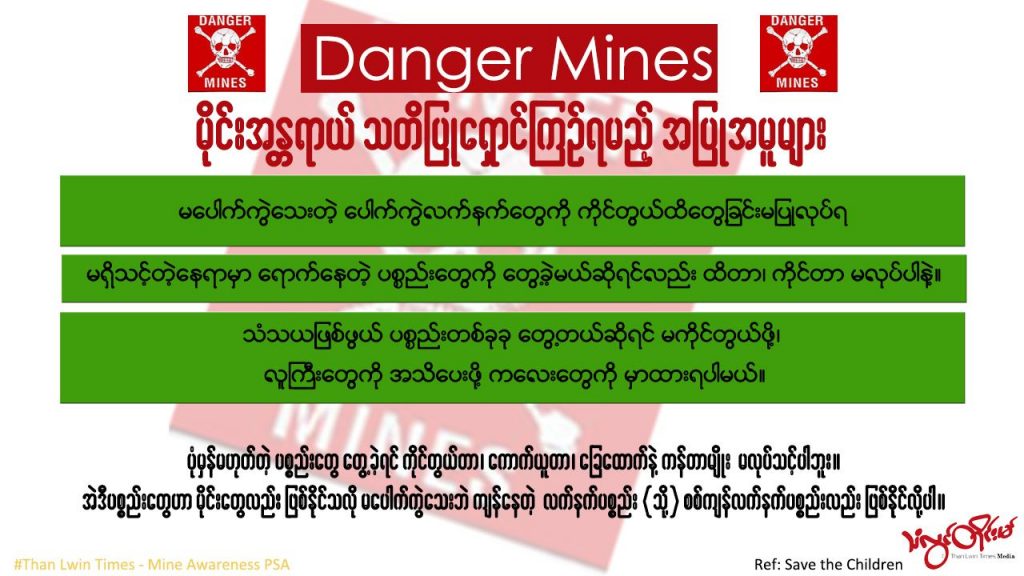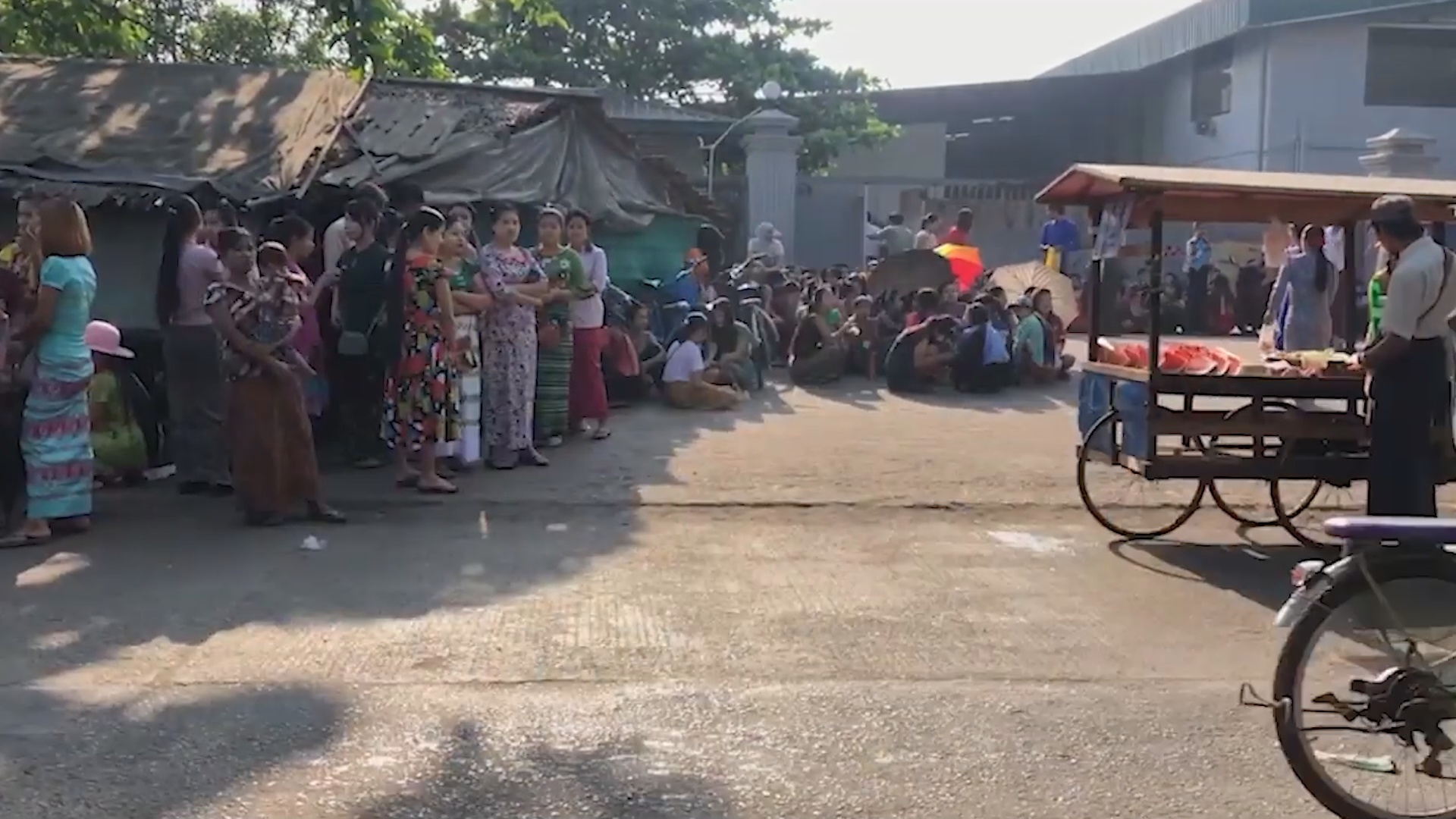Yangon, March (12)
Under the military regime, owners of factories and manufacturers continued to exploit workers’ wages and force them to work, the labor activists told Than Lwin Times.
Employers took advantage of the military council’s lack of legal protections, forcing the workers to work up to 12 hours a day and on Sundays.
In addition to being subjected to forced labor, the workers also do not receive full pay.
Workers are not rewarded for working overtime, and, worst of all, they lose labor rights such as medical and maternity leave.
Daw Ei Ei Phyu, the spokesperson of the Federation of General Workers of Myanmar (FGWM), said that if workers demand the rights they deserve, employers give various reasons and fire them.

Labor exploitation cases against workers are most common in garment factories in Yangon with a thousand or more workers.
In addition, forced laborers are physically and sexually assaulted if they fail to complete a set number of garments.
Employers also threaten to call in the military to arrest workers whose rights have been violated if they protest for legal protection.
A volunteer helping workers told Than Lwin Times that the workers are being oppressed in the worst way, not even getting casual leave in the wake of the military coup, adding that “workers, however, have to endure and continue to work to make ends meet. Some of them don’t even dare ask for casual leave anymore”.
On the one hand, workers complained to the military council about violations of labor rights, but in vain.
According to the International Labor Organization (ILO), 1.6 million people have been unemployed in Myanmar since the military coup, with over 300,000 of them being garment workers.
In Myanmar, a military coup occurred when the economy was in downturn as a result of the COVID-19 epidemic, and this was followed by military conflicts, political instability, worsening economic conditions, and a lack of job opportunities, according to the report published by the International Organization for Migration (IOM) on December 28, 2022.
In addition, the economic crisis and armed conflict following the military coup led to around 40,000 people leaving the country every month, according to the IOM.
News-Than Lwin Times
Photo – Crd


